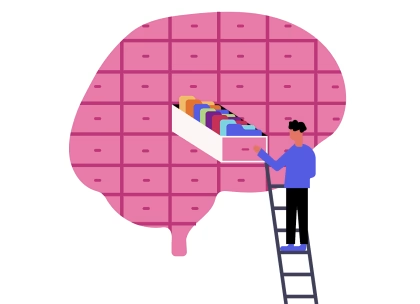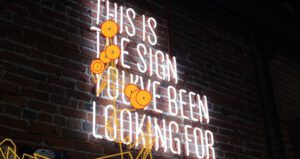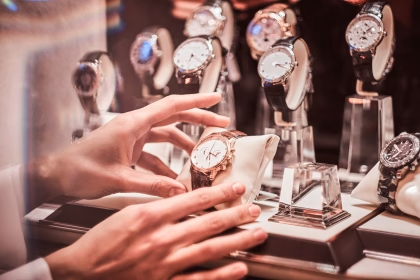Abstract: The self-control literature suggests two main short-run models with contradictory predictions. By perceiving self-control as a knowledge or perishable resource, those models report a positive and negative impact, respectively, of an initial self-control act on subsequent self-control ability. Using biometric data to monitor compliance enabled us to develop a unified self-control model, reconciling the diverging results in the literature. We find evidence of a dual impact of an initial self-control act on subsequent impulse buying self-control ability. Specifically, while an initial moderate self-control act enhances subsequent self-control ability, exerting self-control beyond a certain threshold causes fatigue reducing subsequent self-control ability.
Keywords:
- Biometrics
- Ego depletion
- Self-regulation
- Unified model






